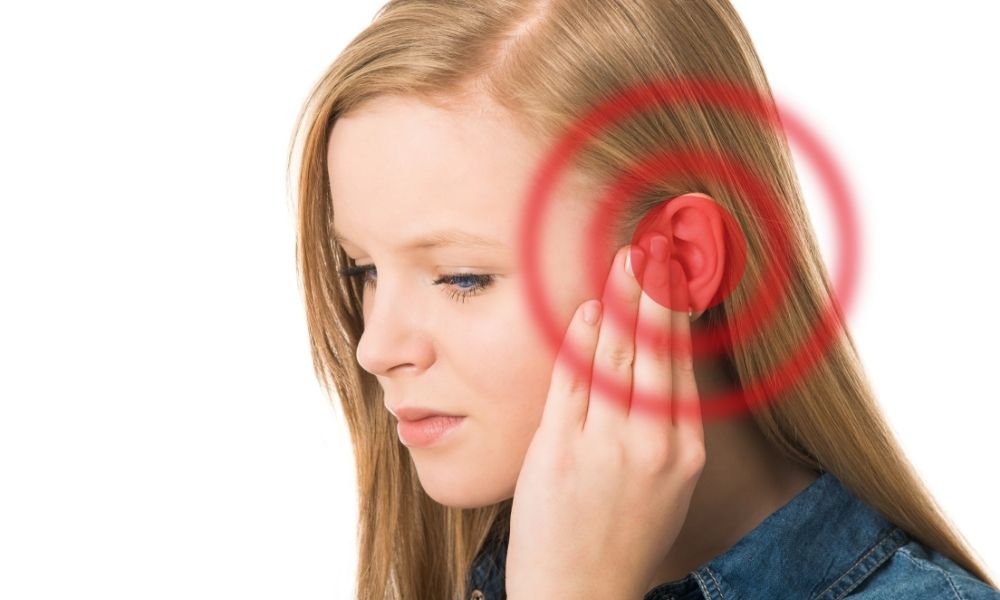
If you’re finding it harder to hear your loved ones or enjoy your favorite music, your ears may need a little TLC. Luckily, hearing screenings are easy when you’ve got an audiologist in the area. Learn more about the differences across conductive and sensorineural hearing loss, and you’ll be able to talk to your doctor more easily about treatment options.
Where’s the Problem?
Conductive hearing loss originates in the outer or middle part of the ear. Common culprits include earwax buildup and other blockages. Allergies can also lead to conductive hearing loss. Allergy & ENT Associates specializes in various types of ear, nose, and throat woes; see us for professional audiology, and we can also refer you to one of our allergy specialists.
On the other hand, sensorineural hearing loss, or SNHL, occurs deeper inside the ear. It’s often caused by excessive noise that damages the inner ear or auditory nerve, though the natural aging process can also contribute to SNHL.
How Did This Happen?
Let’s look more closely at the most common causes of these types of hearing loss. Conductive hearing loss happens when something is stopping sound from traveling all the way inside the ear. Often, the eardrum and surrounding ligaments have some kind of obstruction bothering them, such as:
- Physical obstructions or a foreign object
- Excessive earwax
- Colds and allergies that cause swelling in the passages
Sensorineural hearing loss occurs when the damage is a little deeper. In other words, something has damaged the cochlea and other delicate structures of the inner ear. Common causes include:
- Age-related hearing loss, which often runs in families
- Excessive loud noise
- Viral infections such as measles or meningitis
How Can We Treat It?
Treatment options for conductive hearing loss and SNHL are different because each loss has different origins. If your hearing loss is conductive, you and your doctor can consider the following options:
- Medical treatment for the root cause, such as allergies or ear infections
- Earwax removal
- A bone-anchored hearing aid
Sensorineural hearing loss, however, requires more in-depth treatment. This type of hearing loss is generally permanent, but treatment options include:
- Cochlear implants
- Hearing aids
- Corticosteroids to reduce swelling in the inner ear, especially after loud noise exposure
No matter what type of hearing loss you may be experiencing, you’ve always got options to treat it. A professional audiologist can give you more in-depth advice tailored to your situation. The differences across conductive and sensorineural hearing loss may help you figure out what’s going on with your ears and teach you how to treat them well.



